As Veritas Preparatory School students move beyond the early years of memorization and fact mastery, they enter a new and exciting chapter in their classical education journey: the Logic Stage — the second phase of the Trivium (a three-part model that includes Grammar, Logic, and Rhetoric).
Building on the foundation laid during the Grammar Stage, the Logic Stage typically begins in the middle school years. It marks a shift from learning what to think toward learning how to think. Students at this stage are naturally inclined to question, analyze, and debate — and classical education meets them right where they are.
In the Logic Stage, students begin formal instruction in reasoning, argumentation, and critical thinking. They learn the principles of logic, how to identify fallacies, and how to construct sound arguments. Across all subjects, they are encouraged to compare, contrast, question sources, and trace cause and effect.
In history, lessons become more than dates and names — they become debates about motivations, consequences, and worldviews. In science, students move from memorizing facts to forming hypotheses and evaluating evidence. In literature, discussions explore themes, character motives, and moral dilemmas. In math, students begin to understand and justify why formulas work.
Middle schoolers are often known for being argumentative — at Veritas, they are taught to channel that trait and argue with clarity, charity, and purpose.
Indeed, in a world filled with noise, Veritas students are learning to think deeply, question wisely, and speak with precision — all thanks to the thoughtful design of the Trivium.


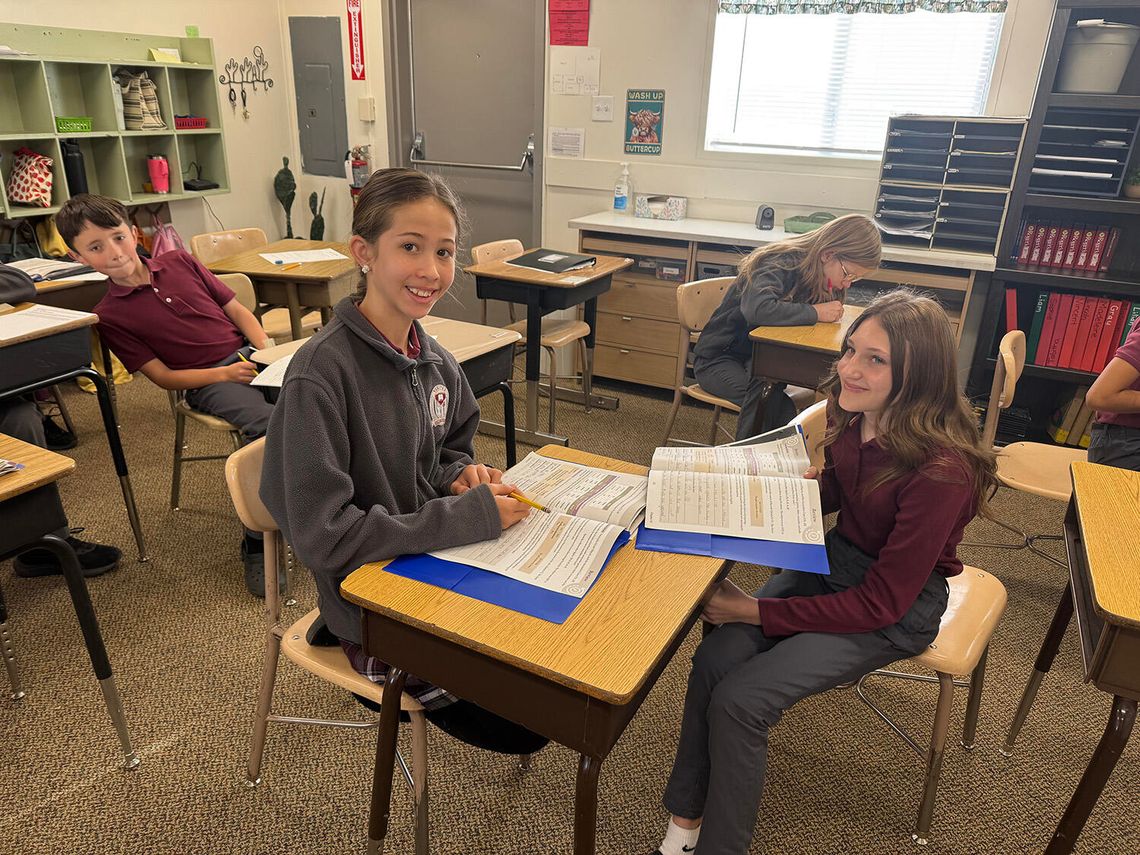
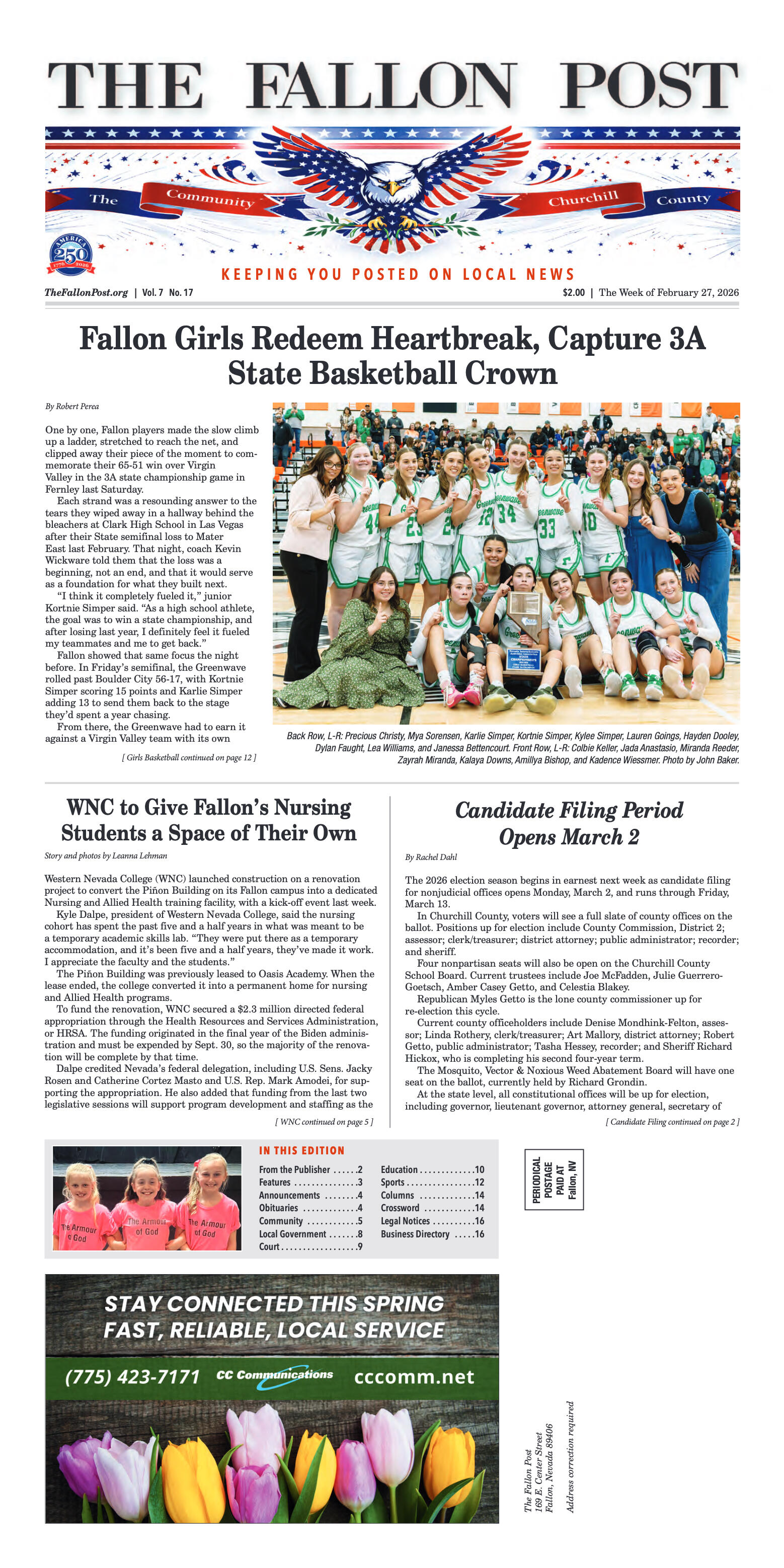
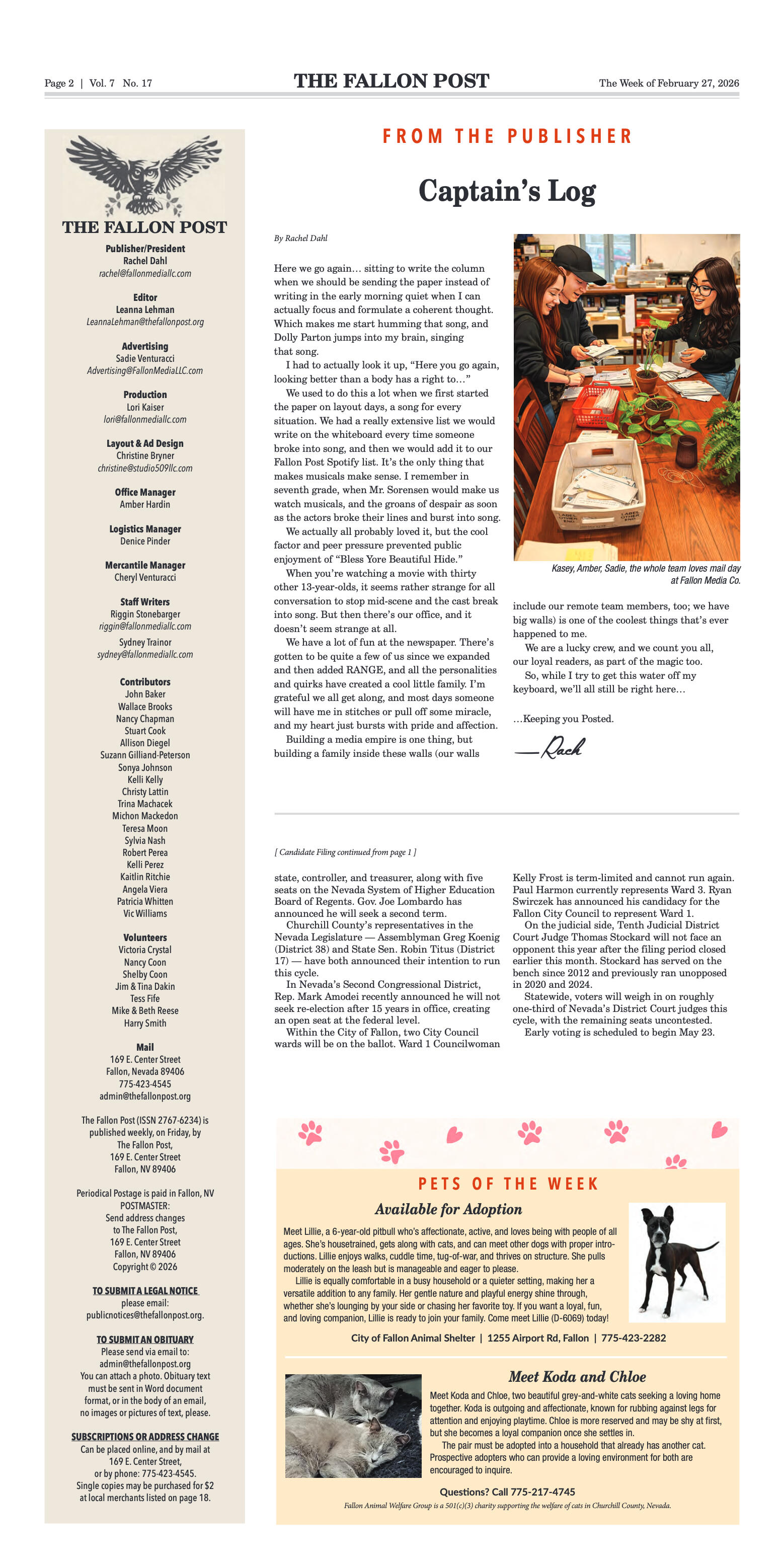
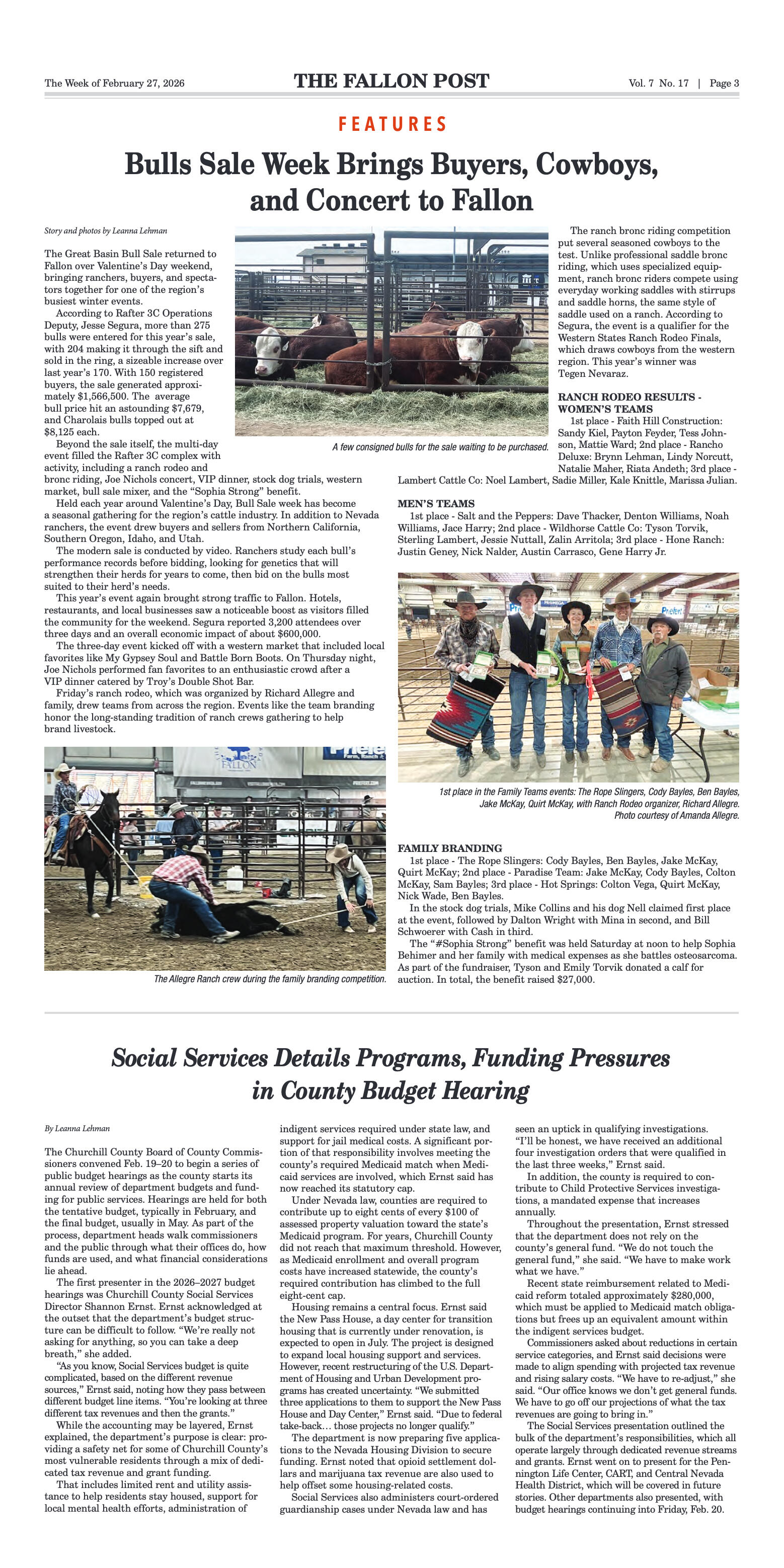
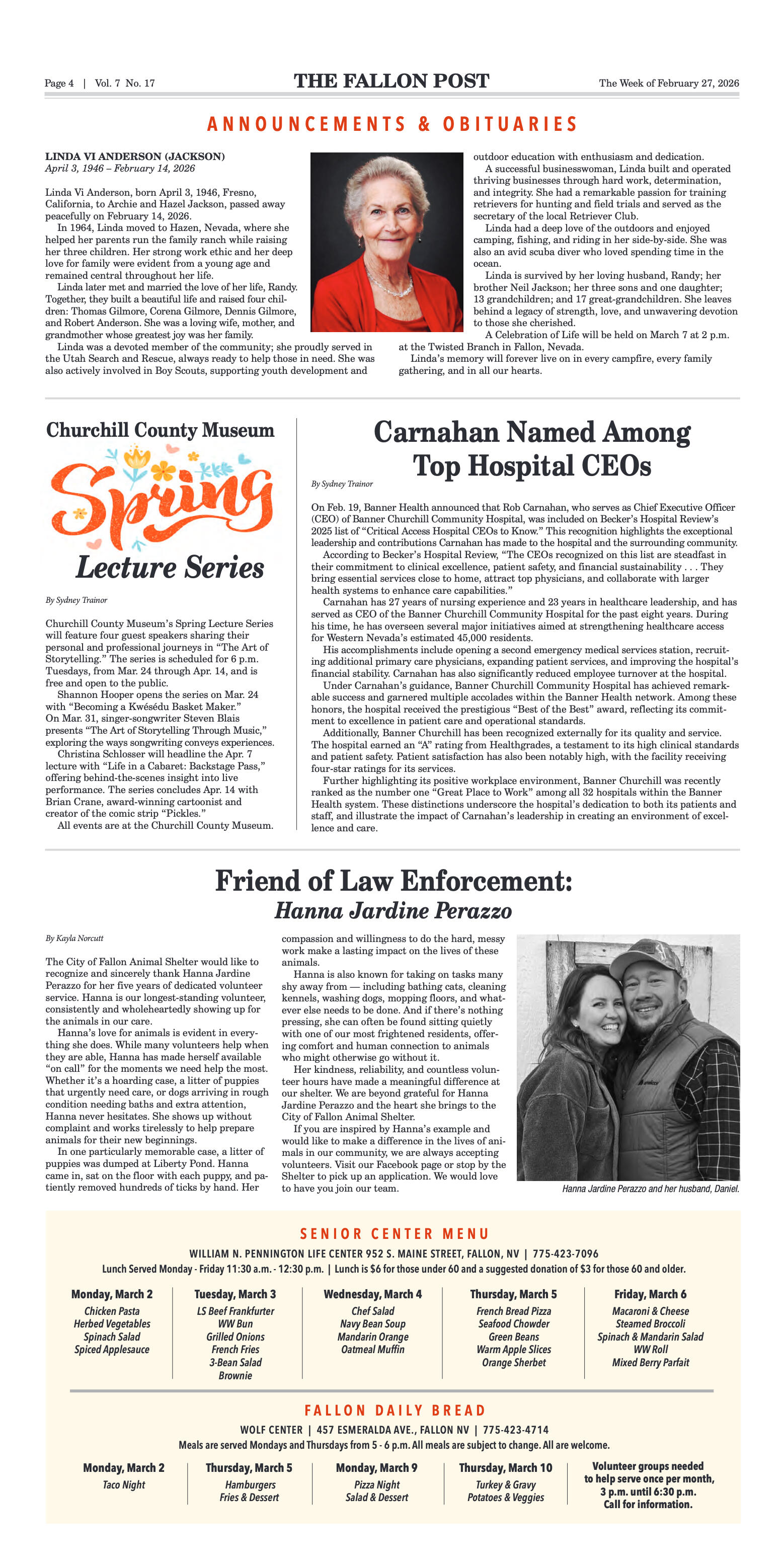
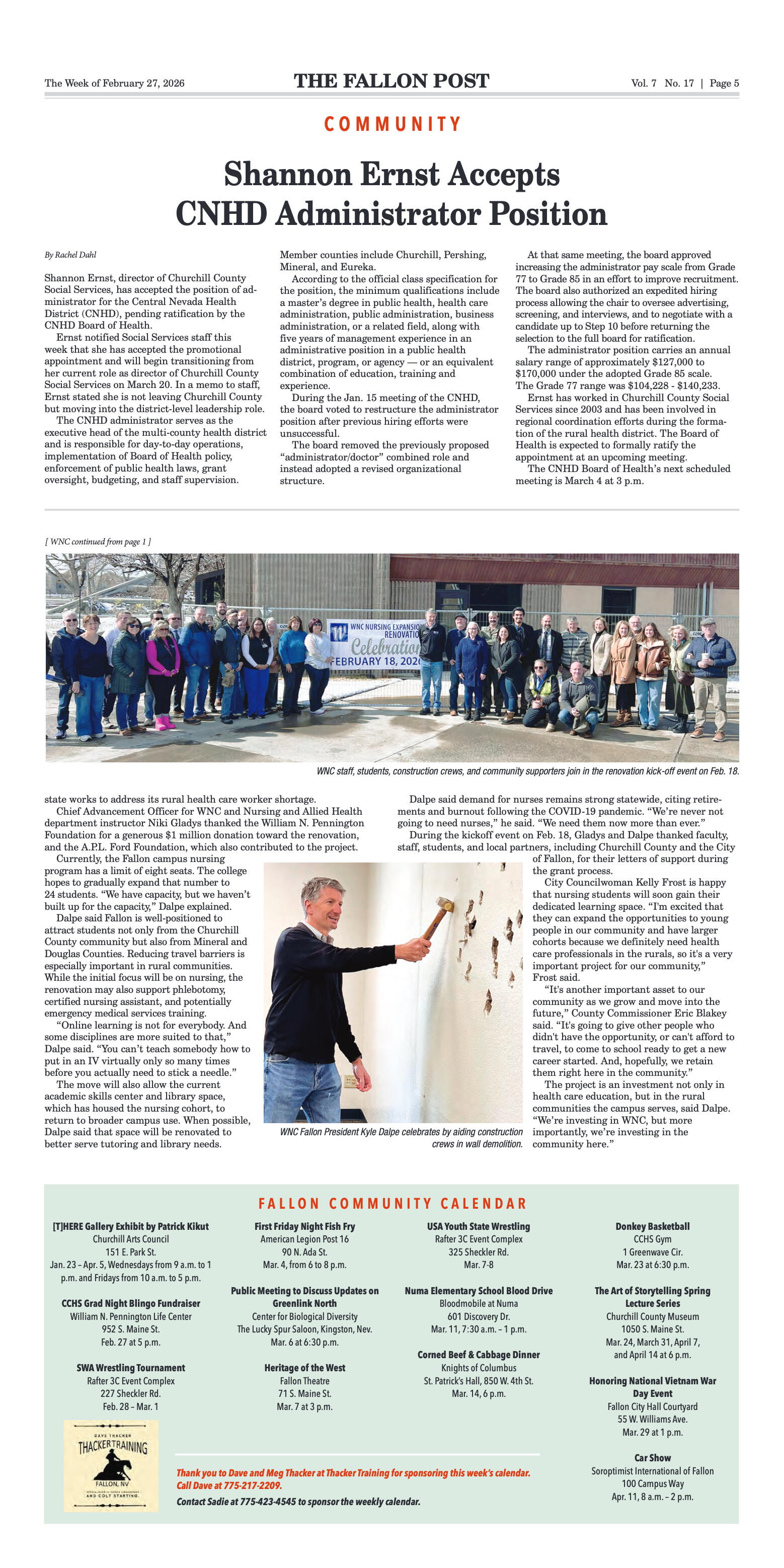


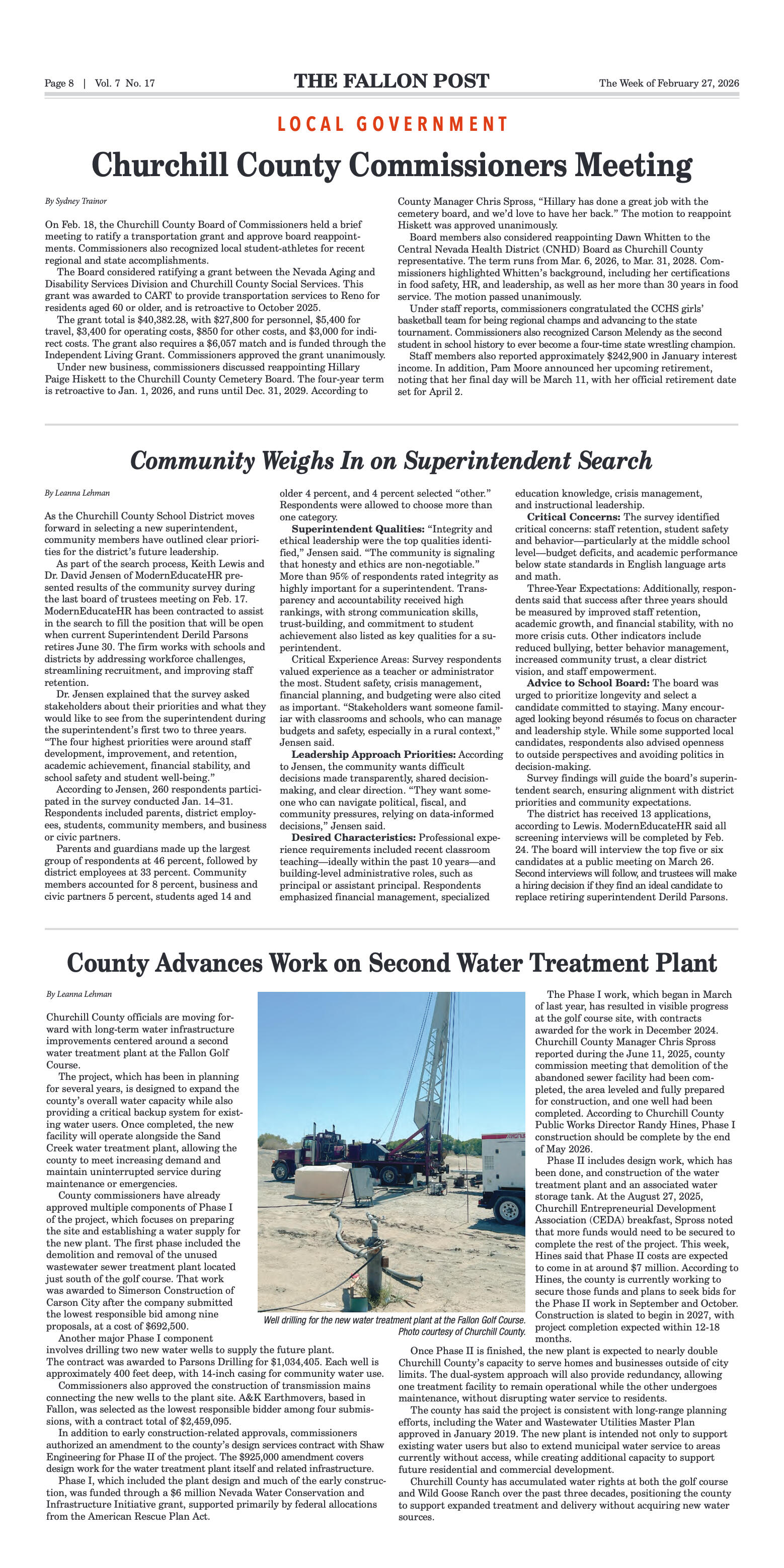
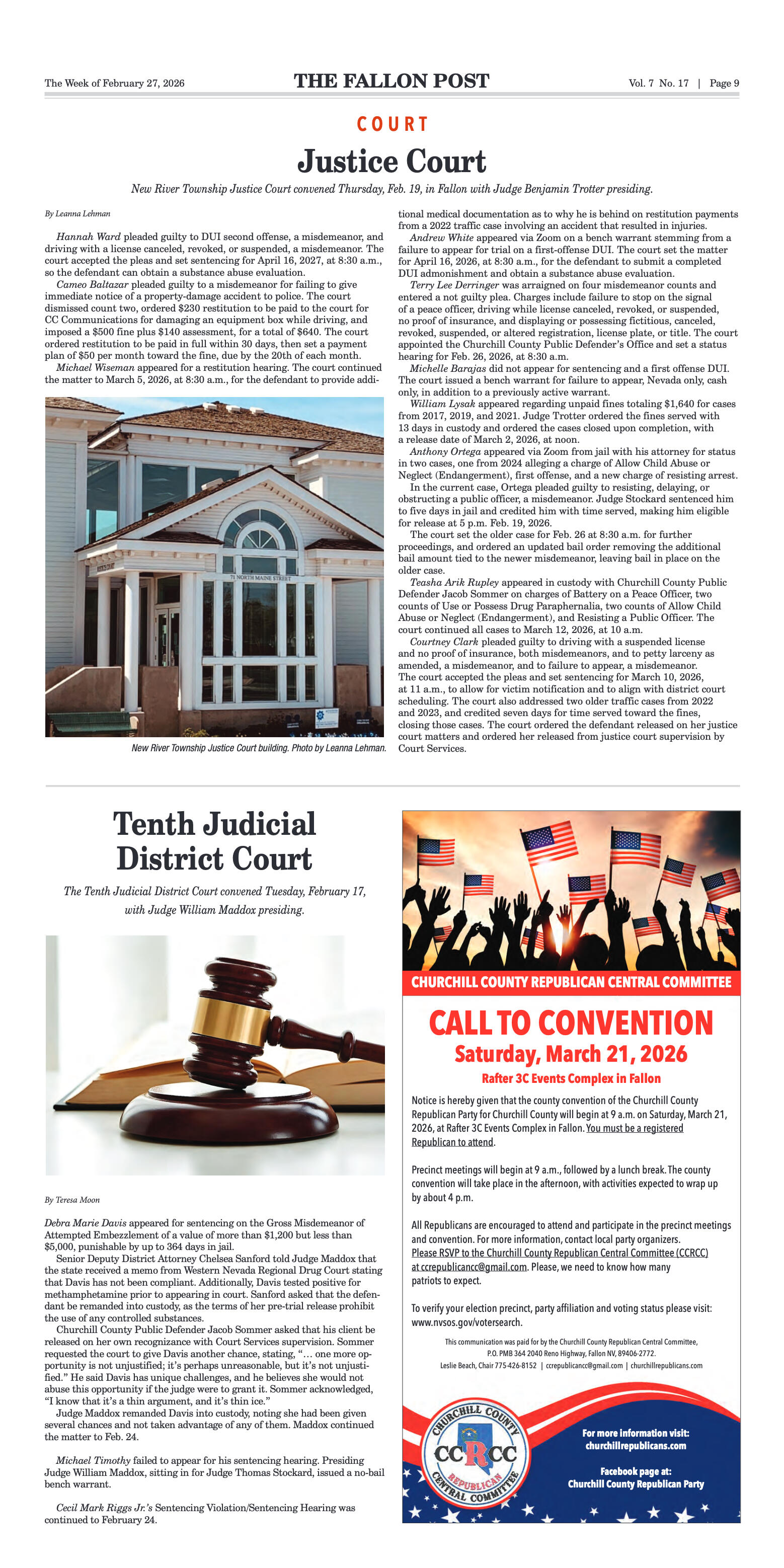
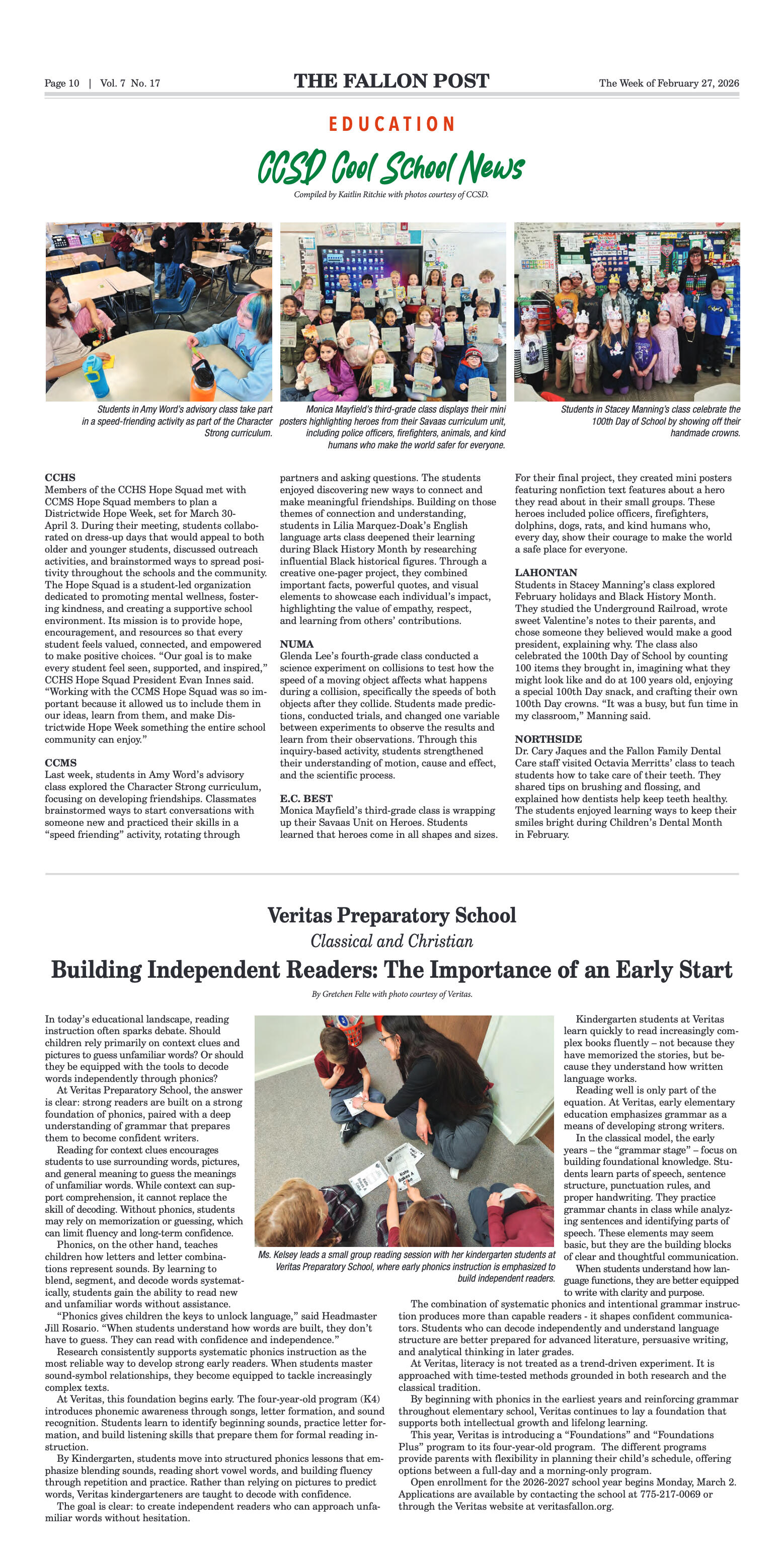
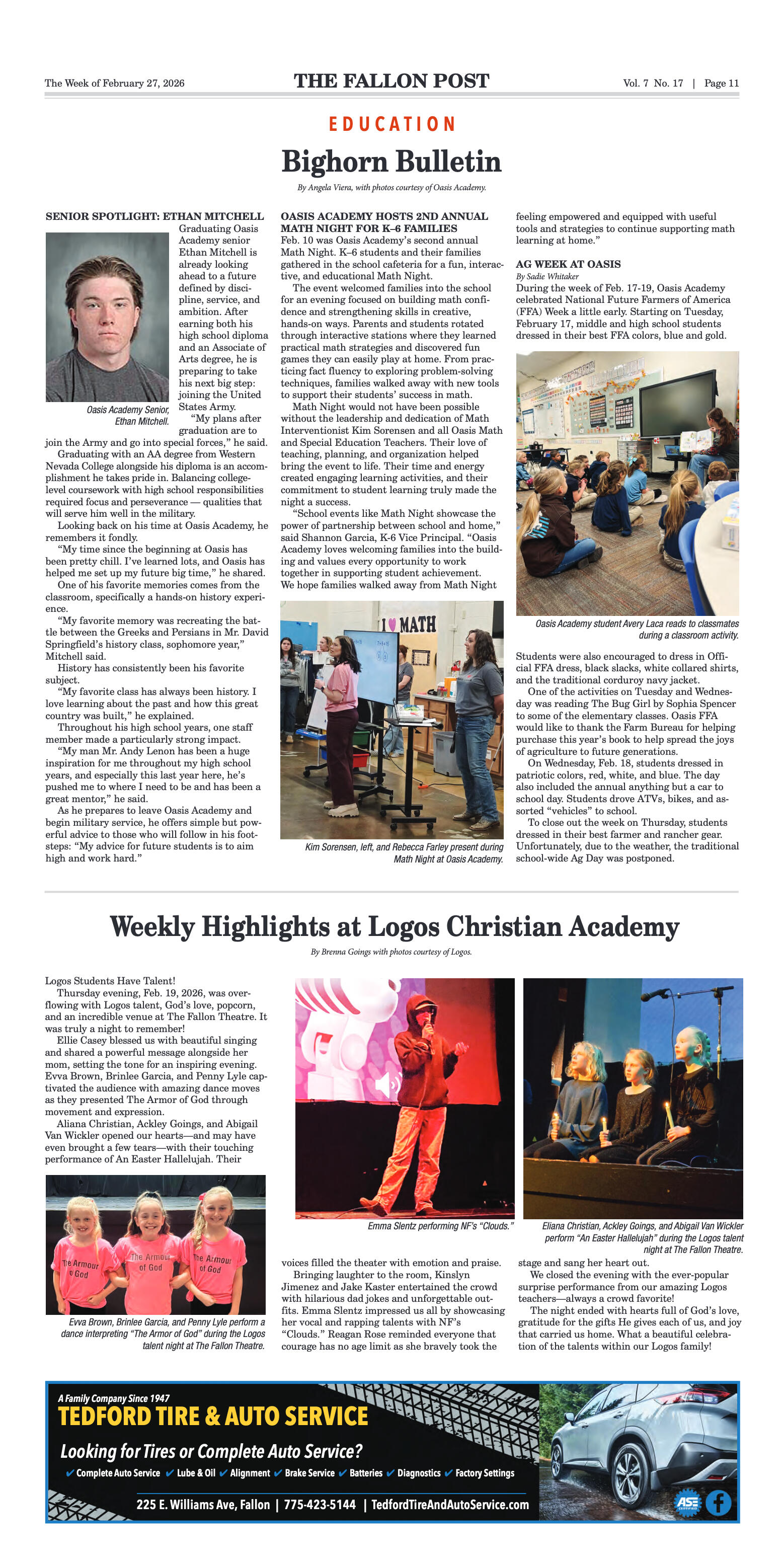
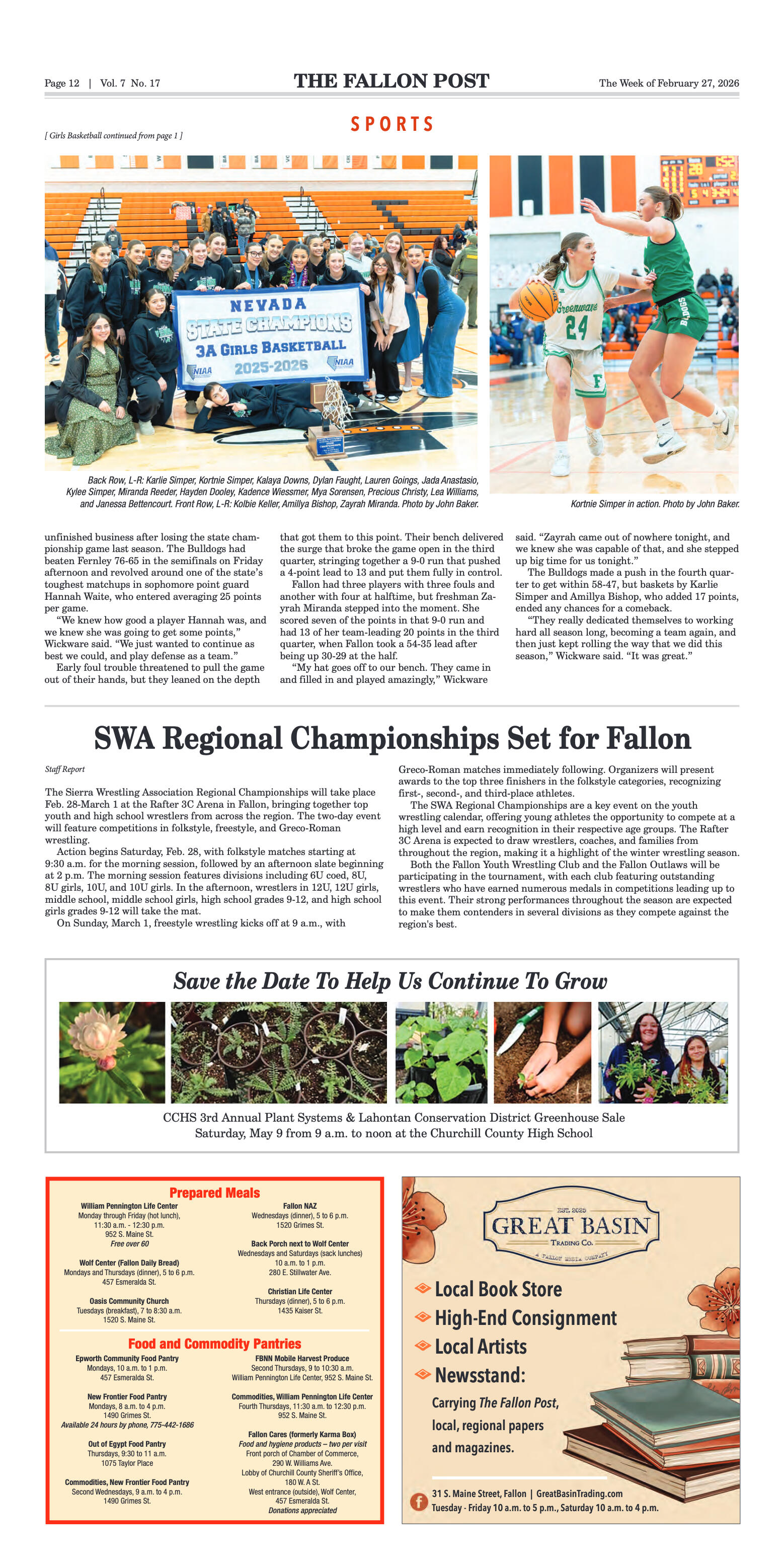
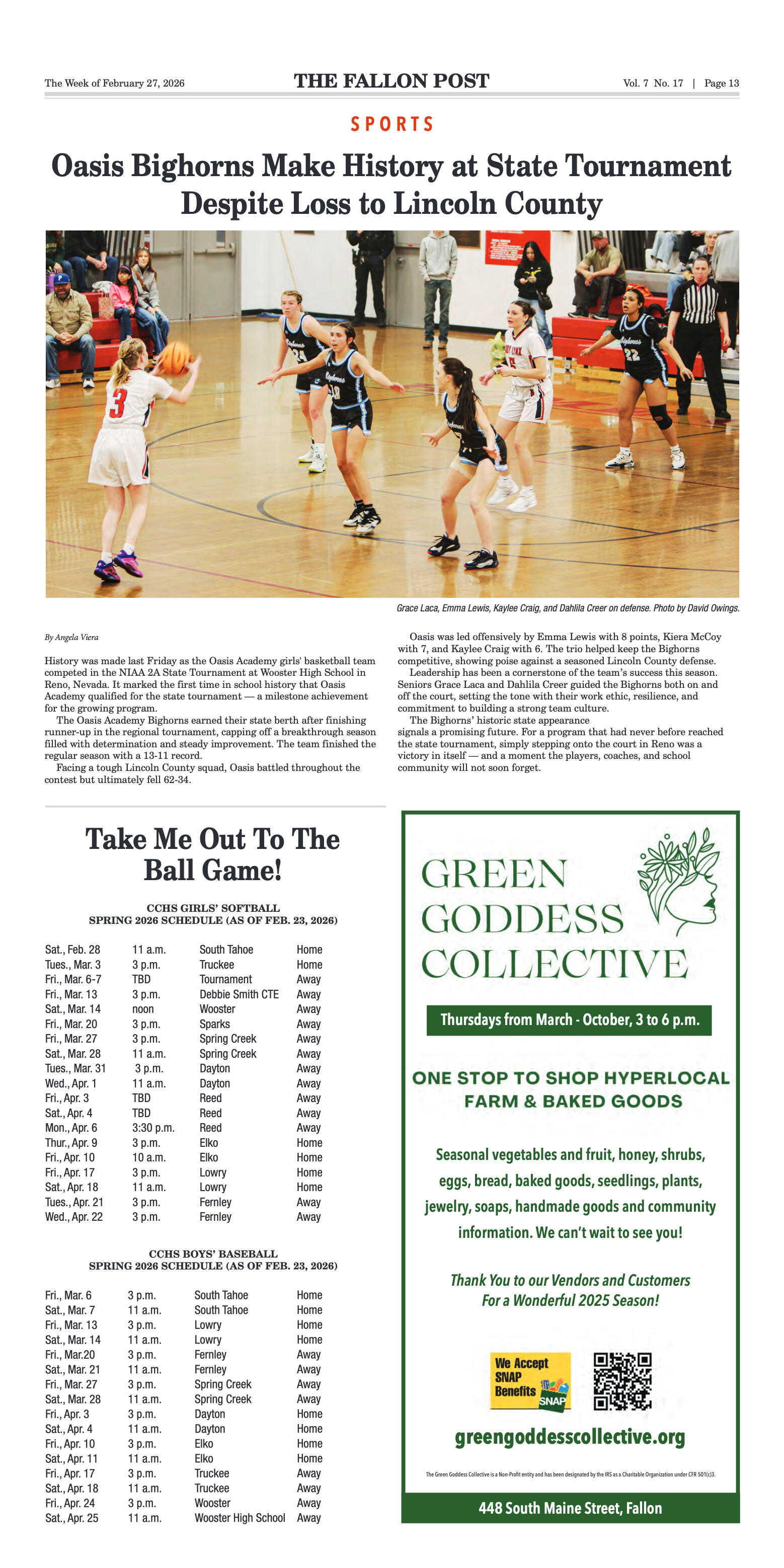
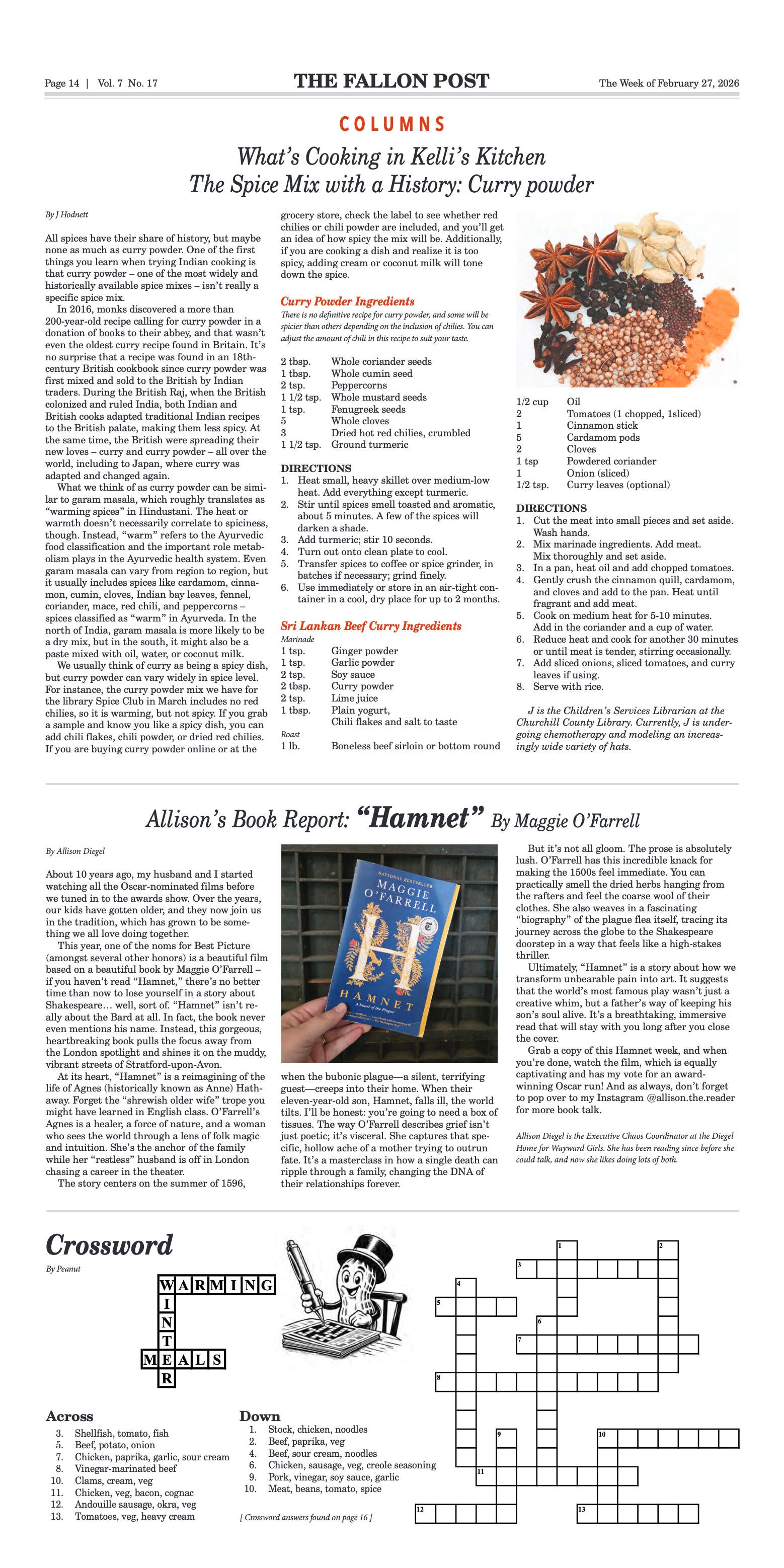
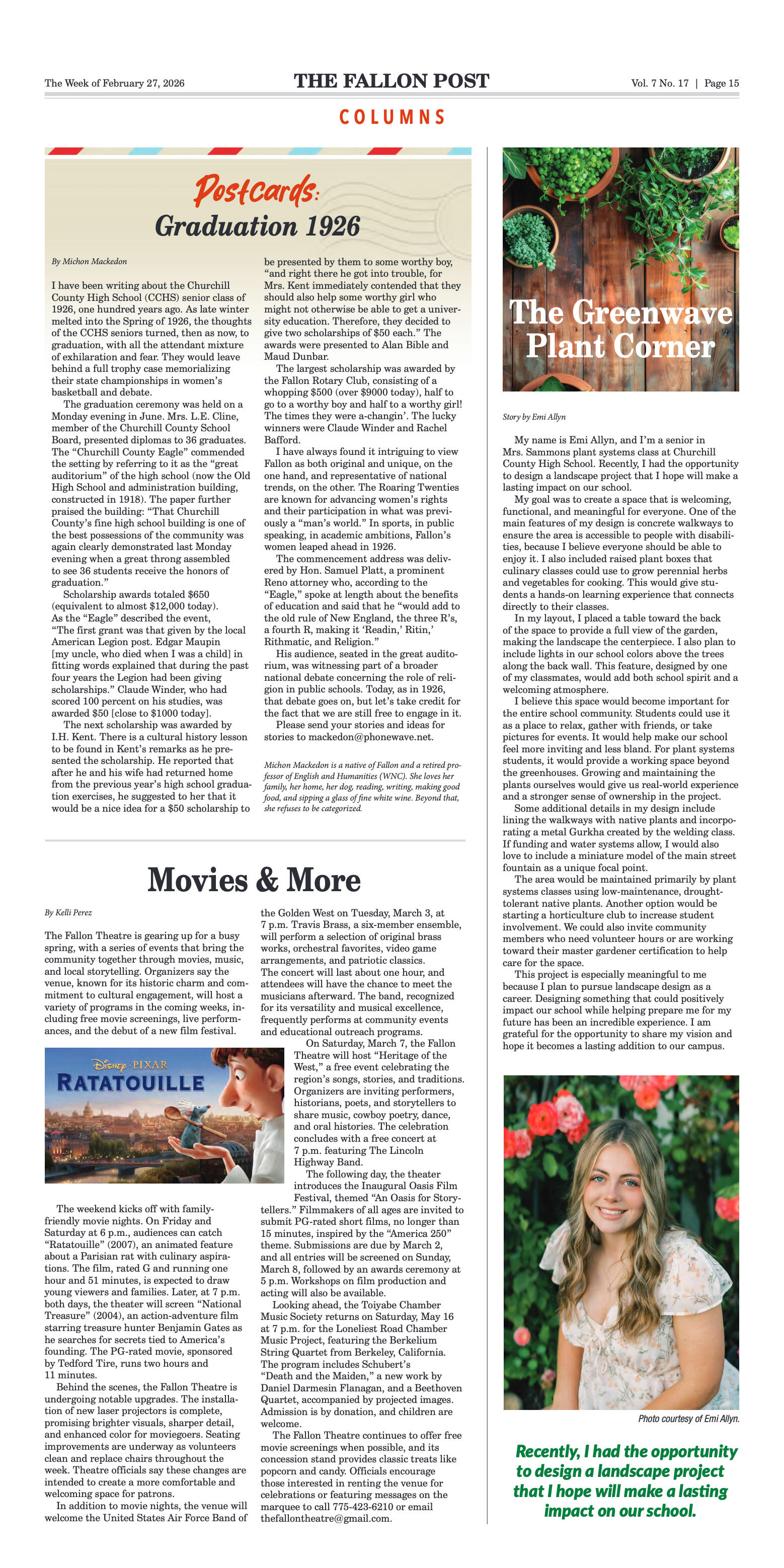
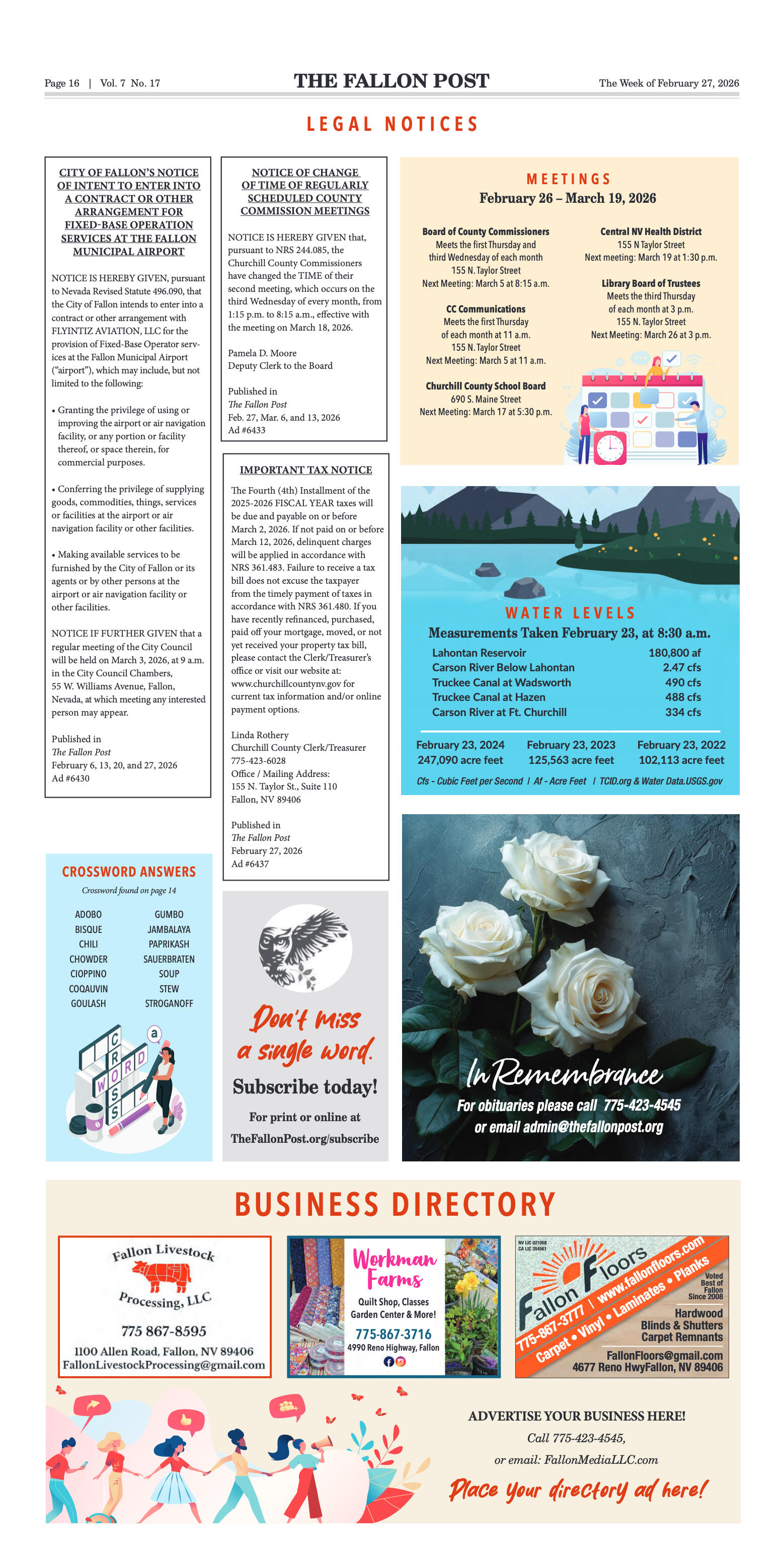























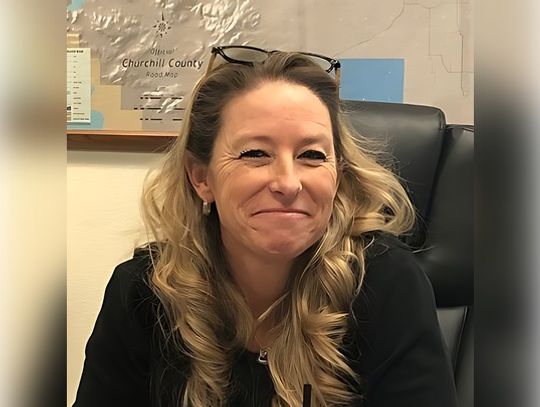


Comment
Comments